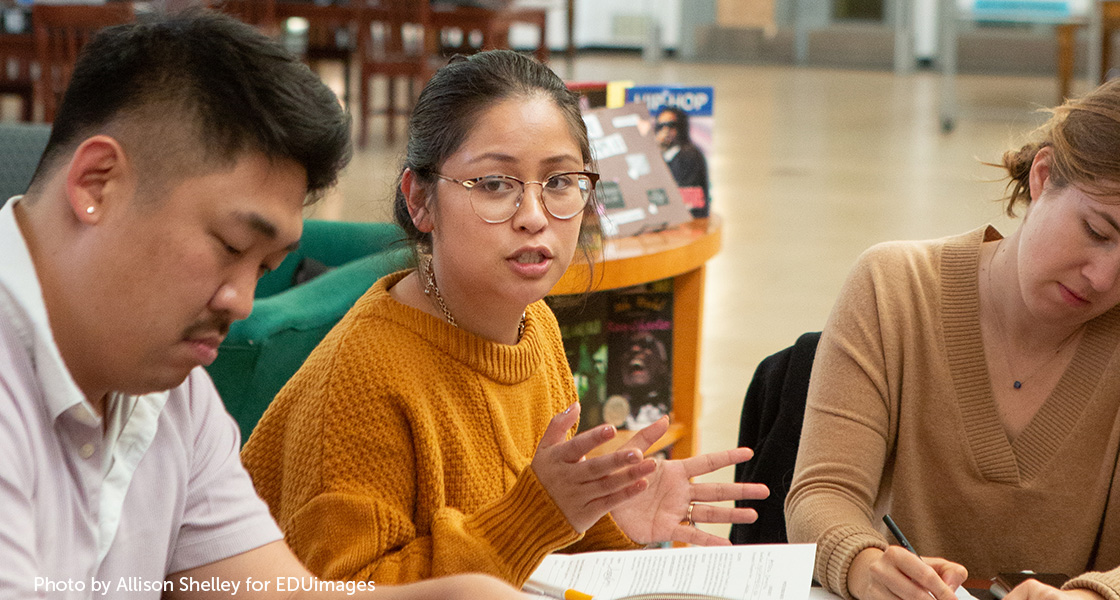
In an RPIP, educators, researchers, and product developers are intentionally engaged together in R&D, working towards a common research goal that is both grounded in learning sciences and centered on teachers’ needs. A central facilitator ensures each party is deeply engaged because their unique value propositions are honored, and that all participants’ voices are equitably included. The outcome is a product more likely to be used, used appropriately, and to have the desired impact for learners, with each party building capacity to do similar or related work in the future.
An RPIP has four key components:
In a RPIP, every partner involved receives a unique benefit from their participation.